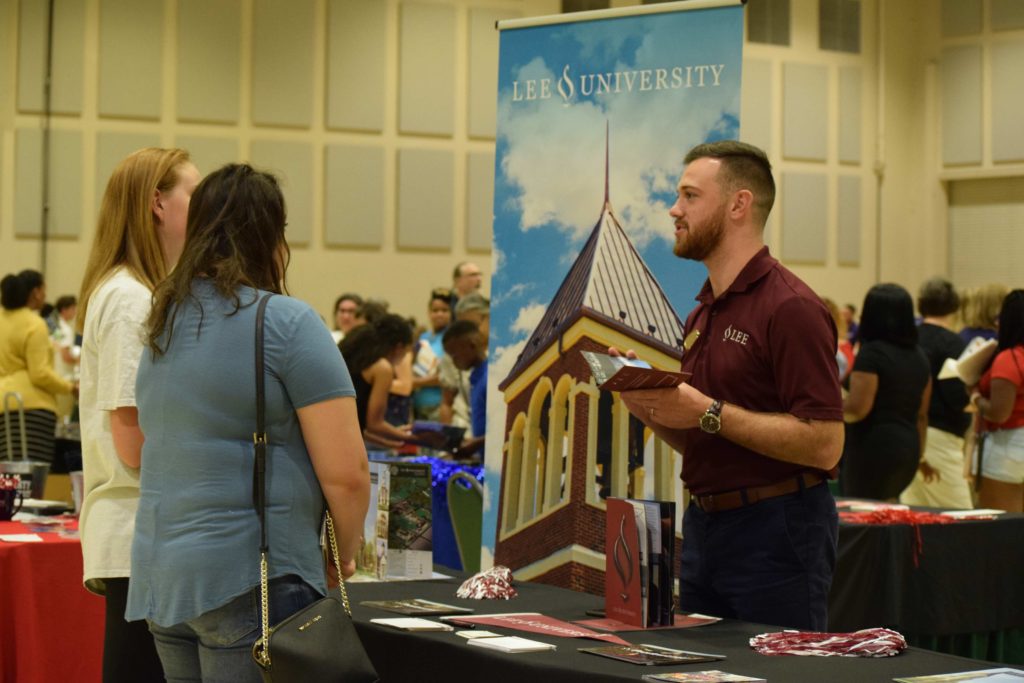Seniors contemplate future as college pressures arise
At the start of the new school year at Cedar Shoals, seniors have already commenced their countdown to graduation day. Students are optimistic and eager to start their journey into adulthood, and for many students, going to college is the next big step.
Suddenly surrounded by new responsibilities such as taking the most rigorous courses and adjusting to a new lifestyle, attending college can be daunting. Students are motivated by various influences to attend college to become successful.
Family can be a motivating factor for some first generation college students.
“What motivates me the most is my family’s past. No one in my family has gone to college. Knowing them coming from a third world country to America, I feel that I have so much to strive for and improve myself on by attending college,” said Eric Arenales, a senior who aspires to become an actor.
“Since both of my parents are immigrants, I want to be able to go to college to have a high paying salary. I do feel pressure from my parents to do well in school and go to college because they struggled for me to have a better life,” said senior Brian Abarca.
Peer pressure can also weigh on students’ decisions about their futures.
“I feel that people would think I’m dumb or assume that I am not going to be successful or happy in life if I don’t go to college,” said Abarca.
Students as well as adults believe that there is a stigma toward students who have no desire to attend college.
“There are social and economic advantages of going to college. Success looks different on everyone. I do believe that there is some sort of judgment, for example if you are from a good family and don’t go to college, people seem to view you as a failure,” said Cedar Shoals College Advisor Courtni Reese.
The primary concern in considering college enrollment for students across the United States is tuition cost. According to the College Board, the average cost of tuition and fees in 2017-18 was $34,740 at private colleges, $9,970 for state residents at public colleges, and $25,620 for out-of-state residents attending public universities.
“In my situation, paying for college is the most crucial concern. I feel like a lot of people don’t understand that college is expensive and not everyone can theoretically get into college,” said Arenales.
“The main concern that students come talk to me about is that they are worried about the cost of college. A major problem in America is that higher education isn’t accessible to everyone. I want to be able to help every student that I encounter to achieve what they want to achieve,” said Ms. Reese.
After college, Ms. Reese traveled to Washington D.C to work at an education lobbying firm where she worked on the reauthorization of the Higher Education Act which deals with policies that impact seniors going into college. The Higher Education Bill simplifies and improves student aid and empowers students and families make informed decisions about college.
The changes in the reauthorization of the Higher Education Act include simplifying the process of Free Application for Federal Student Aid (FAFSA), reducing student loan repayment options to either a standard 10-year repayment plan or a single income-based repayment plan, and capping lifetime loans at $60,250 for independent undergraduates or $39,000 for dependent undergraduates.
“You never know what opportunities might unfold so just keep an open mind and always build relationships in college because you never know where they will take you,” said Ms. Reese.




